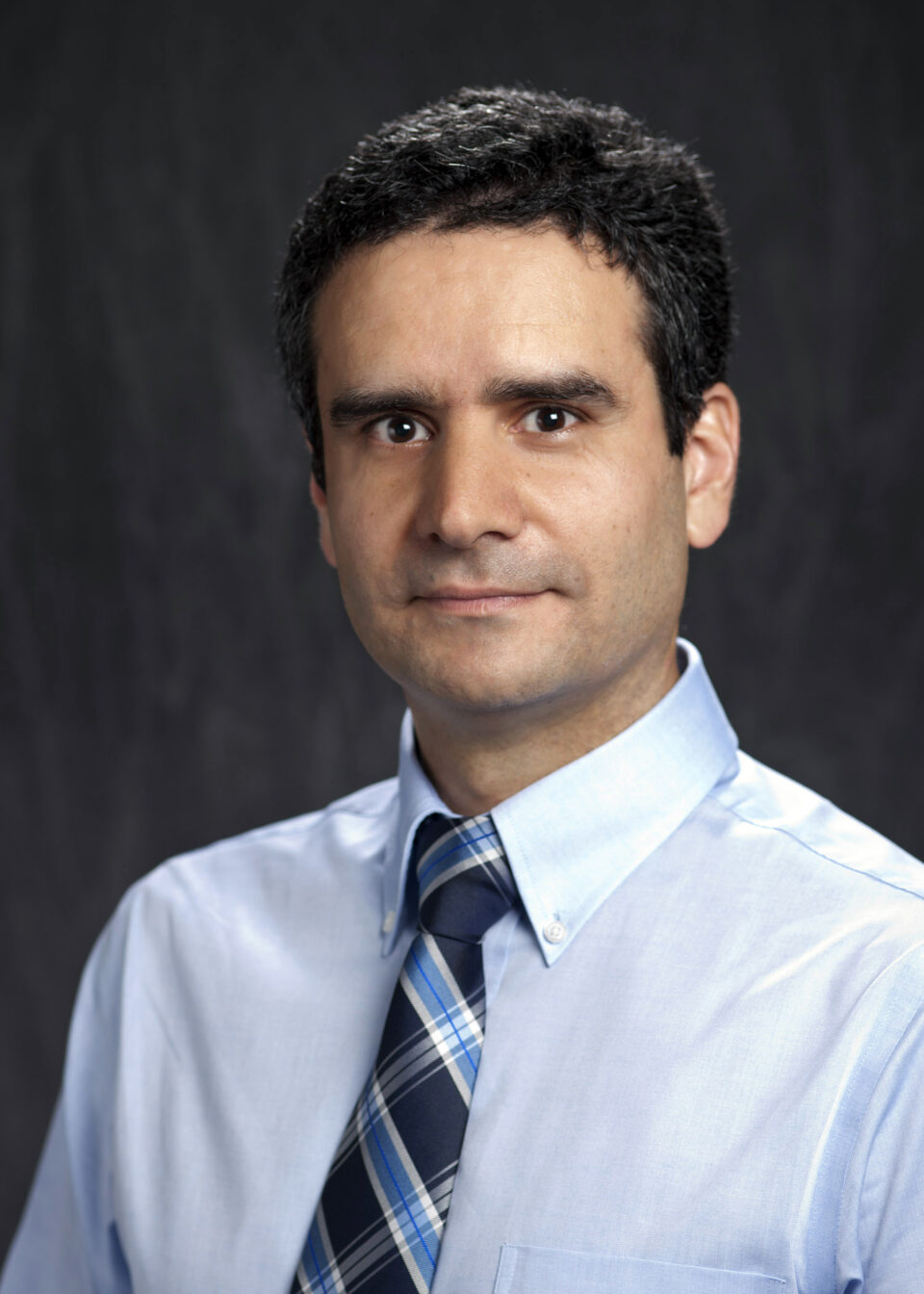A year ago, the southern U.S. suffered a hard freeze, leaving millions of people in Texas without power. Also, the natural disaster caused flooding to homes and busted pipes. As a result, 246 people died.
Power smart grid
Actually, changes in the climate are causing catastrophes. In general, scientists are working on several projects to face up if a new continuous freezing weather hits one more time the area.
For that reason, Professor Shahab Mehraeen LSU Electrical and Computer Engineering Associate worked along this period to find out a new system to prevent this tragedy.
Firstly, Mehraeen worked together with Hamze Davarikia of McNeese University. They both focused on developing a smart grid capable of operating itself during a hard freeze or natural disaster.
Especially, in their proposal, they use artificial intelligence and neural networks, essentially, they are creating “decision-making machine.”
As a result, the goal of this project is set up an environment in both simulation and hardware predicting what could may go wrong with the grid.
They are making a small power system in the lab; also they have solar power and controllers that they can add to it.
In general, the device can mimic the rest of the power system, then the experts mix all of these together and implement scenarios into it, such as a line dropping, to see what the result is.
Finally, then they start looking for remedies, face the problems, make the corrections and implement those changes.
Also recommend: Solar roofing leader GAF Energy introduces Timberline Solar™ Read here
Power with a two-way communication system
The importance of using a smart grid is the possibility of having as two-way communication, whereas a traditional power grid only has one-way communication.
“With a smart grid, generations send customers information about forecasts, blackouts, and prices, and the customers send the info to the provider—their consumption, schedule, and needs,” he said. “With a traditional power grid, there’s only one-way communication, and that’s the customer sending their consumption to the utility.”
Dr. Mehraeen.
For that reason, the system helps to increase the renewable energy, as it is not a reliable source of energy.
“It’s a cynical system,” he said. “You can’t predict everything, but they knew that the power was not able to recover if some part of it is lost. This grid was detached from the rest of the U.S., so Texas had no capabilities to recover power from elsewhere. But they also didn’t think that the snow and ice would freeze the gas and that the gas would not reach the power plant. A backup could have saved them.”
Dr. Mehraeen.
In conclusion, Mehraeen says the freeze disaster in Texas a year ago, was partly predictable.
By 2023 Mehraeen’s plans to complete the project; with the research results others will be able to prevent a new experiencing blackout.
About Dr. Shahab Mehraeen
Firstly, Dr. Shahab Mehraeen received his B.S. and M.S. degrees in electrical engineering from Iran University of Science and Technology and Esfahan University of Technology, Iran.
Secondly, he received his Ph.D. in electrical engineering from the Missouri University of Science and Technology, Rolla, Missouri, in 2009.
Afterwards, he joined Louisiana State University, Baton Rouge, Louisiana, as assistant professor, in 2010. He conducts research on power system control, renewable energy integration, fault detection, and micro grids.
Actually, he also conducts research in decentralized, adaptive, and optimal control of dynamical systems. Shahab Mehraeen is a recipient of the National Science Foundation CAREER Award and a holder of a US patent.
LSU Renewable Energy and Smart Grid Laboratory: Control and Protection
At the laboratory the research includes Renewable Energy, Smart Grid, Microgrid, Power Electronics, Control, Protection, and Power System Operation.
The renewable Energy and Smart Grid Laboratory is part of the Division of Electrical and Computer Engineering in the College of Engineering at LSU.
This department is active in both undergraduate and graduate research, as well as partnerships with industry, universities, and government agencies.
For more information about Renewable Energy and Smart Grid Laboratory Clic


